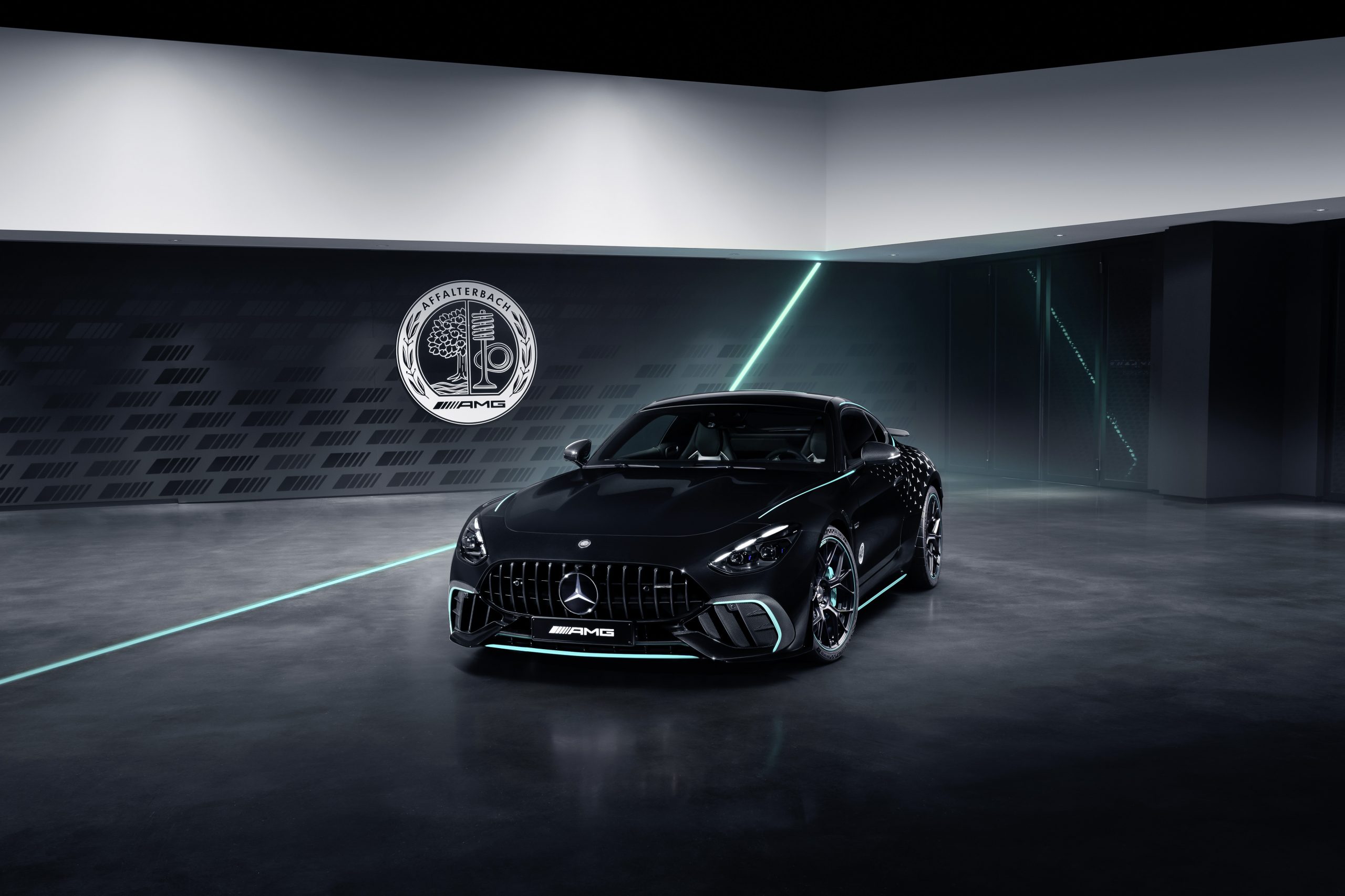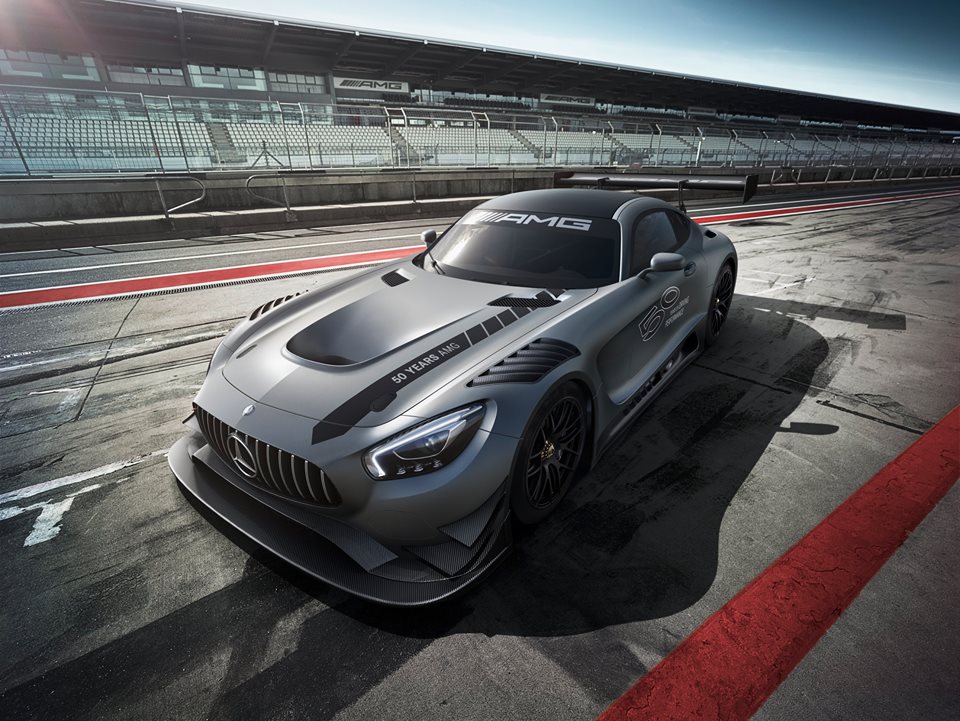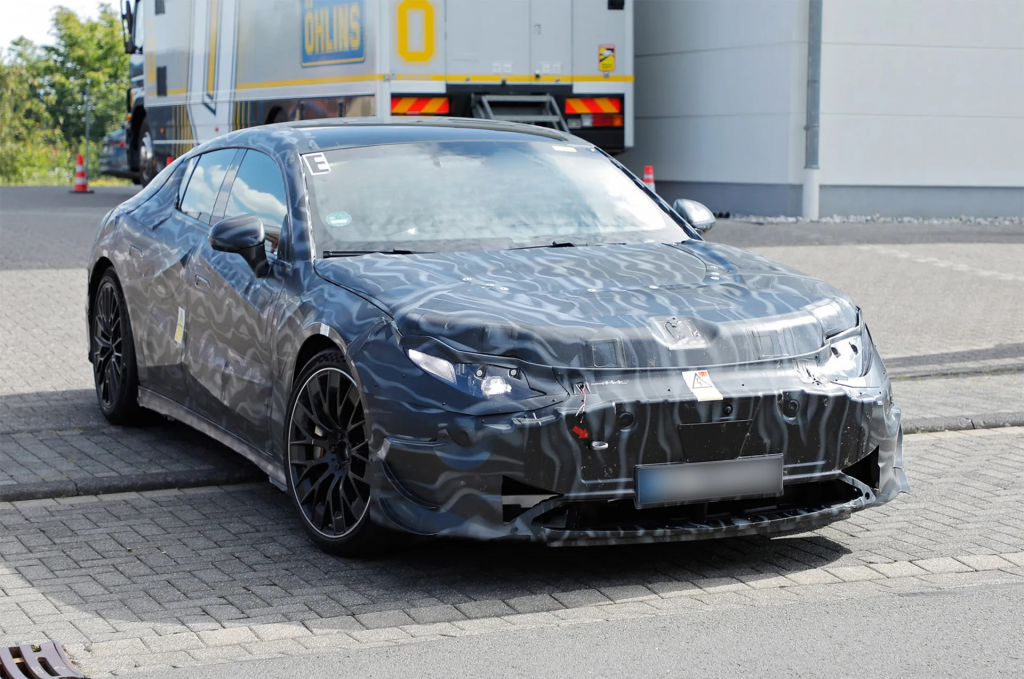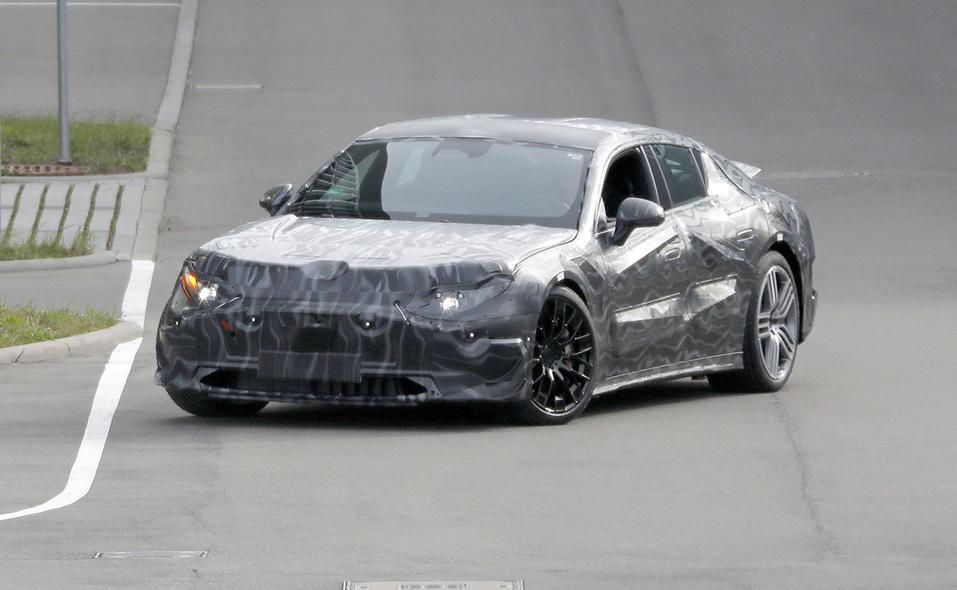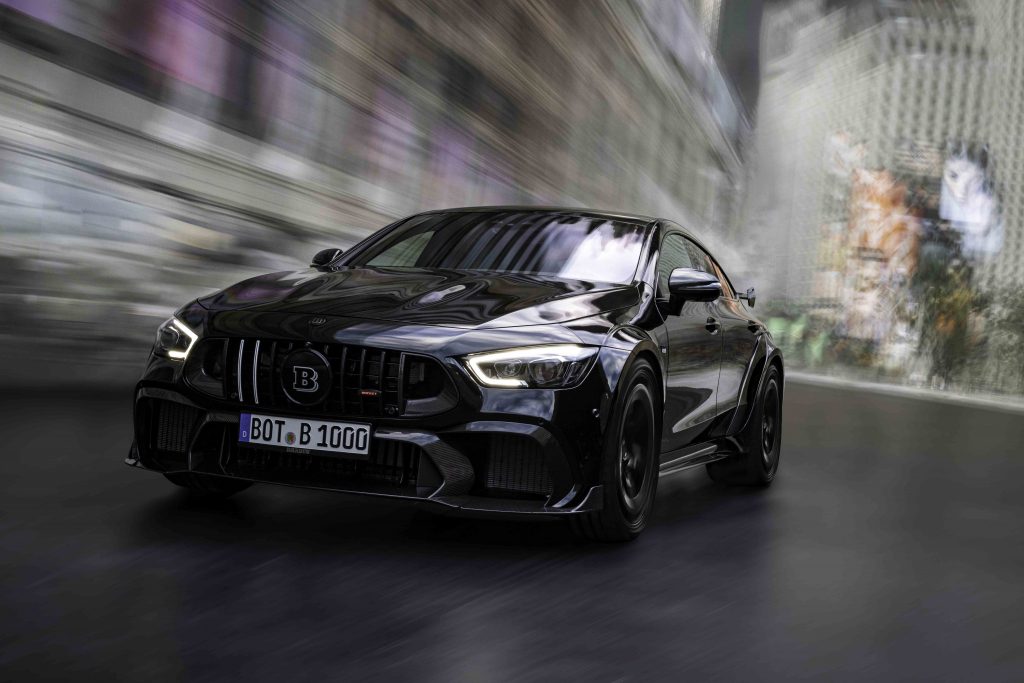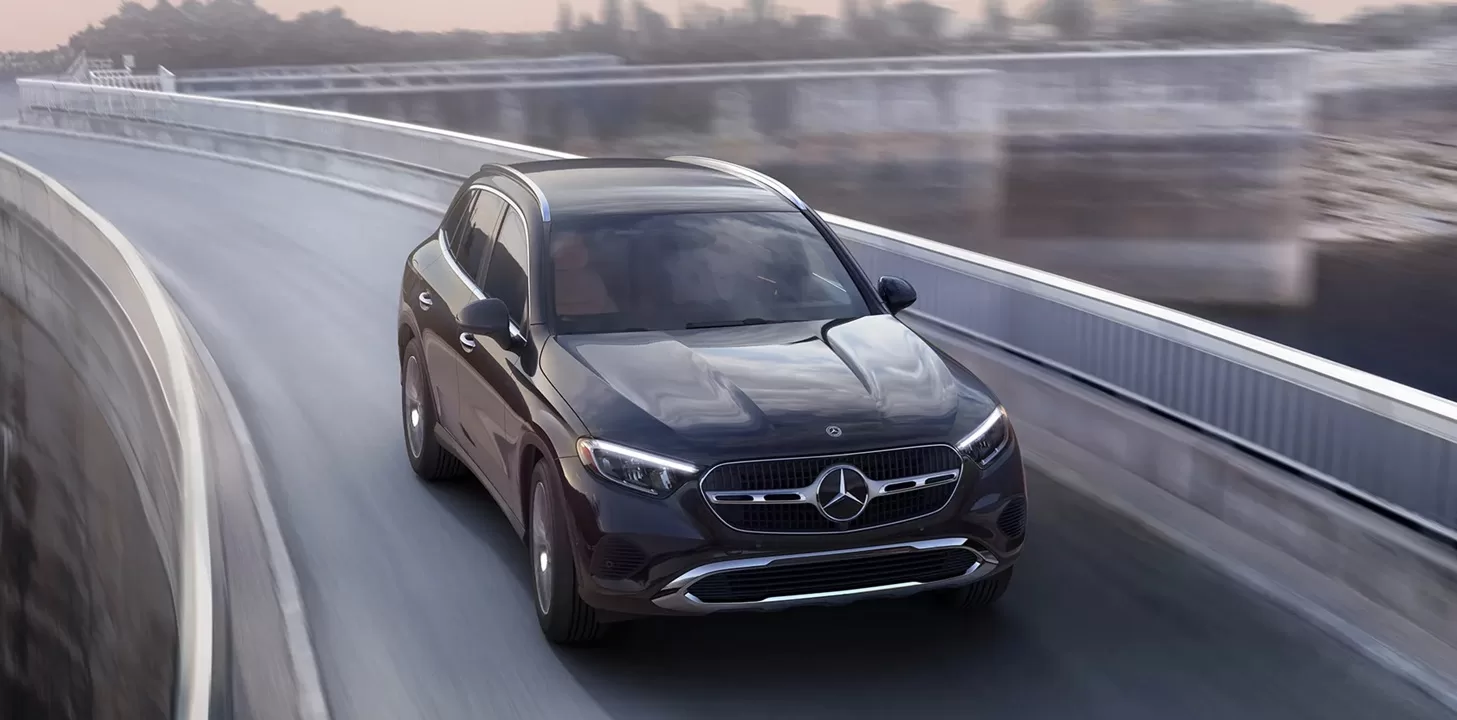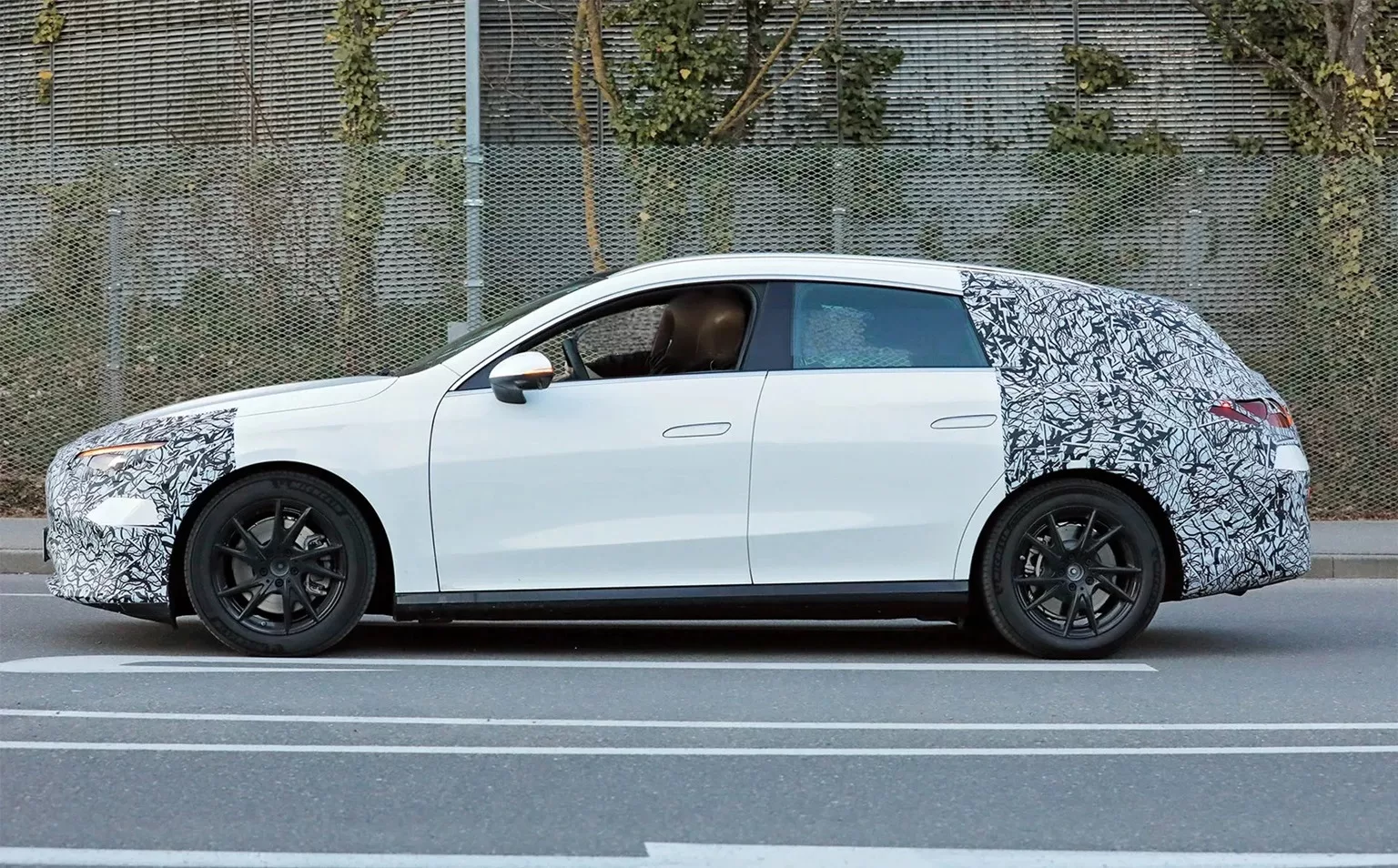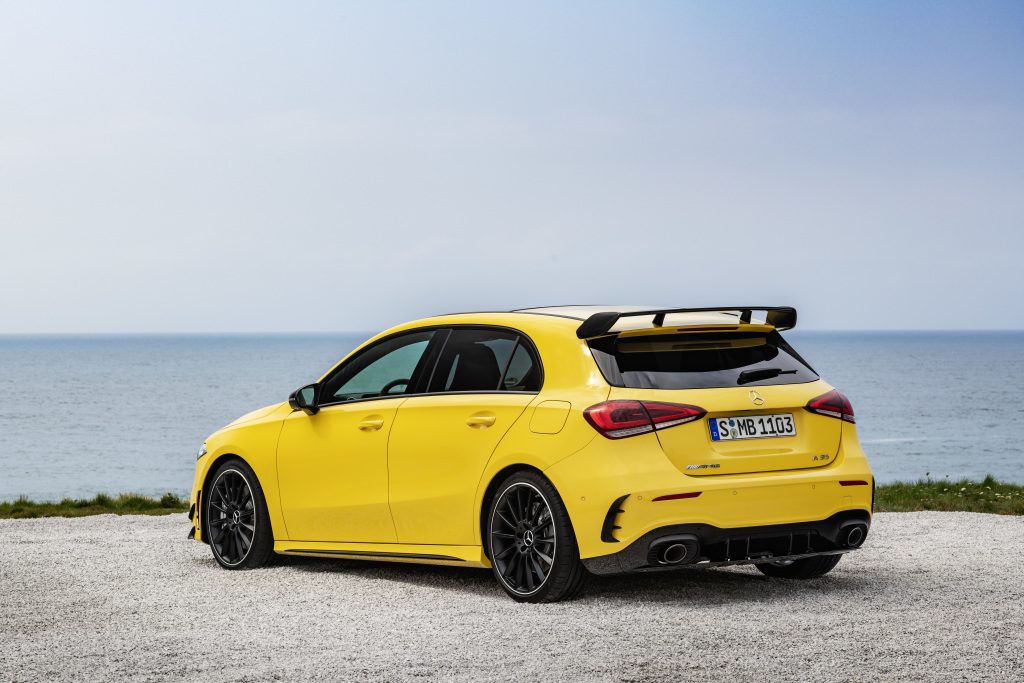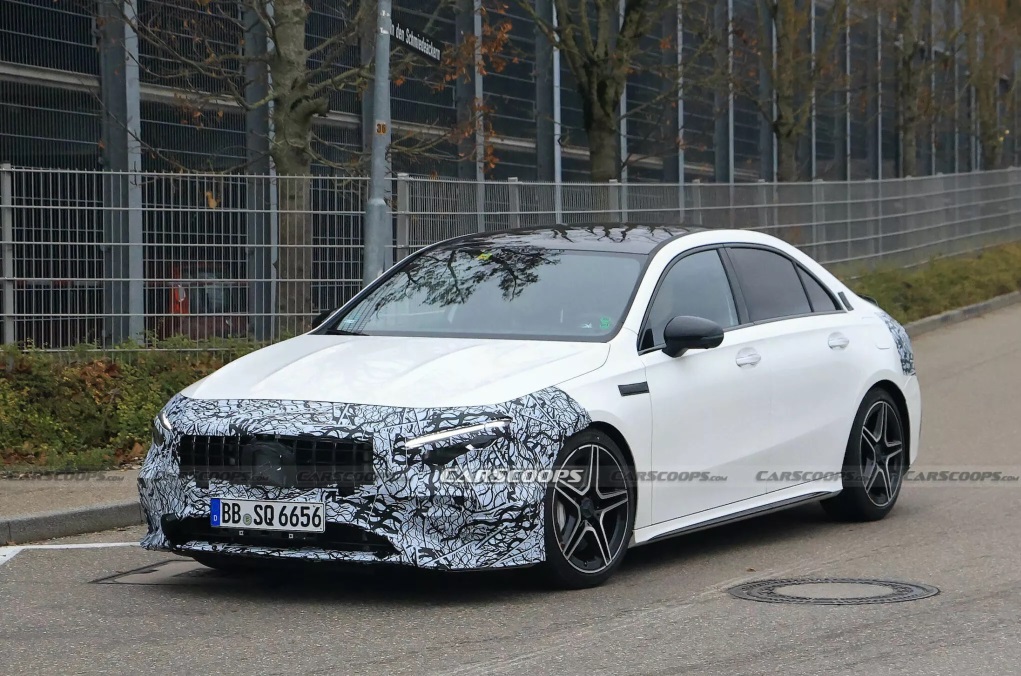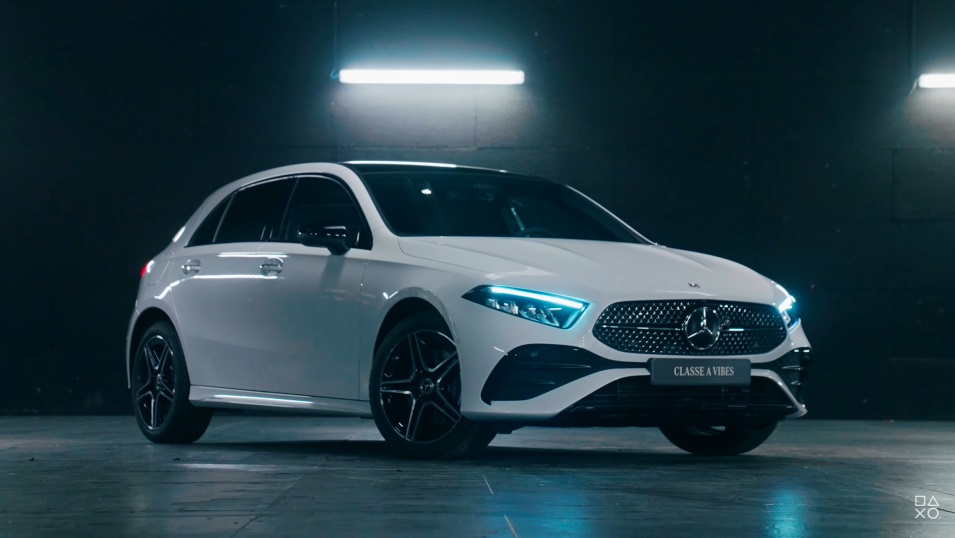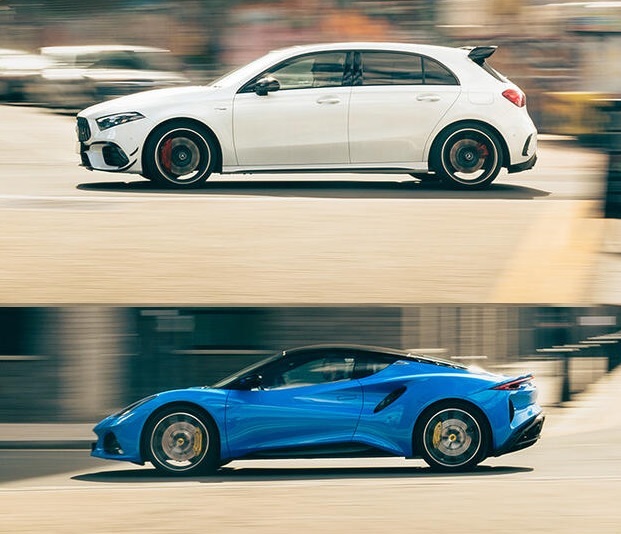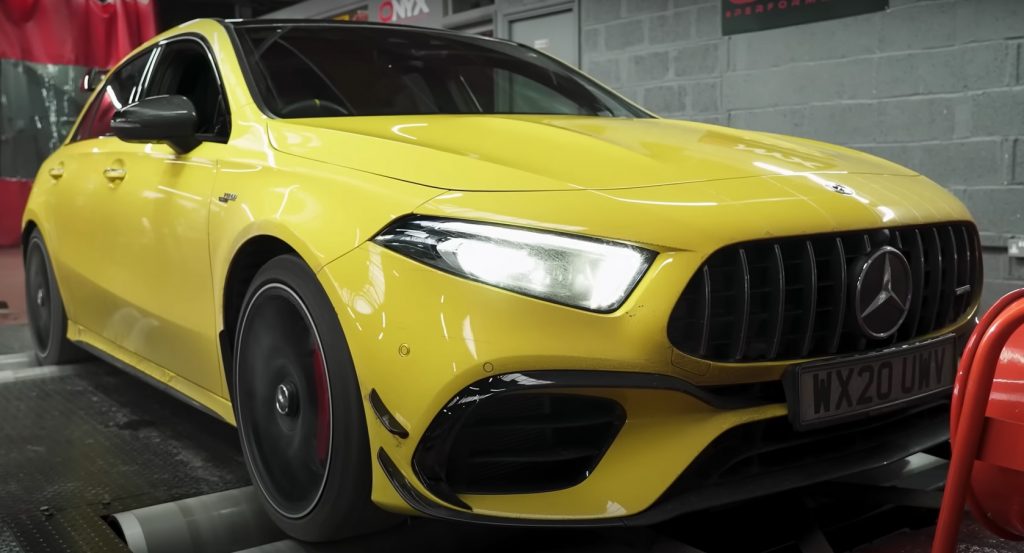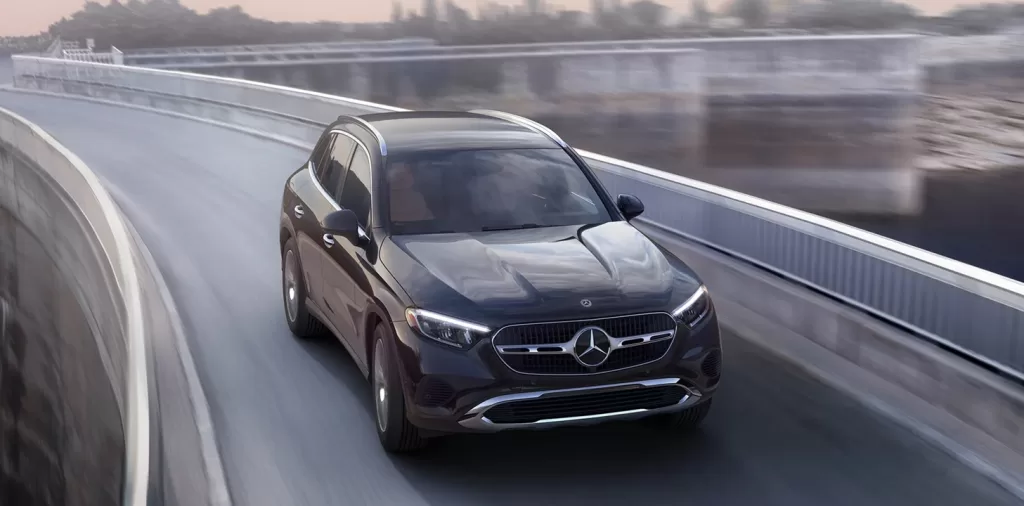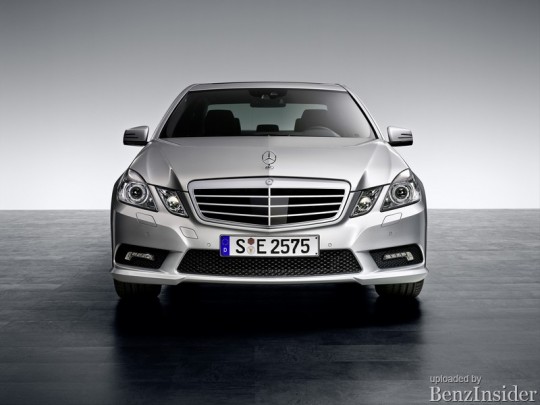
Lower fuel consumption and lower exhaust emissions combined with improved performance: this strategy, which has been consistently implemented by Mercedes-Benz, is now set to be acknowledged by the legislators. “The reform of the motor vehicle tax system by the German federal government has given consumers a renewed sense of assurance and restored their confidence,” said Dr Dieter Zetsche, “We expect that more than half of the vehicles which we will sell in 2009 will benefit from the new motor vehicle tax.” Mercedes-Benz is able to offer its customers particularly efficient vehicles in all segments of the market.
The new generation of direct-injection petrol and diesel engines, which will
be seen in the new Mercedes-Benz E-Class from this March for example, feature exceptional power density, a high degree of drive comfort as well as exemplary fuel consumption and exhaust emission characteristics. As such, Mercedes customers will benefit not only when it comes to filling up at the petrol station, but also in terms of fixed running costs following the motor vehicle tax reform. According to Zetsche: “This is clear confirmation that Mercedes-Benz’s leadership in vehicle technology is helping to enhance both the performance and economic efficiency of our products.”
A prime example of this is the new Mercedes-Benz E 250 CDI. It delivers 150 kW/ 204 hp and provides superior pulling power of 500 Nm, yet on average it only consumes 5.3 litres of diesel per 100 km. This corresponds to 139 grammes of CO2 per kilometre. And such frugality is now being encouraged by the legislators: after the motor vehicle tax reform, the E 250 CDI will only incur a total motor vehicle tax bill of 247 euros over the first three years, whereas previously the total bill would have amounted to 339.68 euros.
The saving becomes even more apparent when the new E 250 CDI is compared with its equivalent predecessor, the E 280 CDI. The relevant values for the predecessor are as follows: 140 kW/190 hp, 400 Nm and diesel consumption figures of 6.9 litres per 100 km. The new E 250 CDI not only pulls ahead in all performance parameters, but thanks to its intelligent concept it also saves on motor vehicle tax: the tax saving when comparing engine generations amounts to some 164 euros per year. On top of this there is also a two-year tax exemption up until 30 June 2009, since the new model already meets the future EU5 emissions standard. The bottom line of all this is that customers buying the new Mercedes E 250 CDI will save 986 euros over the first three years compared with its predecessor.
The completely new four-cylinder diesel engines of the new E-Class are already one step ahead with their latest-generation common-rail direct injection, fast-acting piezoelectric injectors, higher-power exhaust gas recirculation and an innovative twin turbocharger which makes for spontaneous power delivery and excellent performance characteristics. In addition to the E 250 CDI, the new four-cylinder diesel engine also powers the E 200 CDIwith 100 kW/136 hp and the E 220 CDI with 125 kW/170 hp, both of which also achieve fuel consumption of only 5.3 litres per 100 kilometres.


